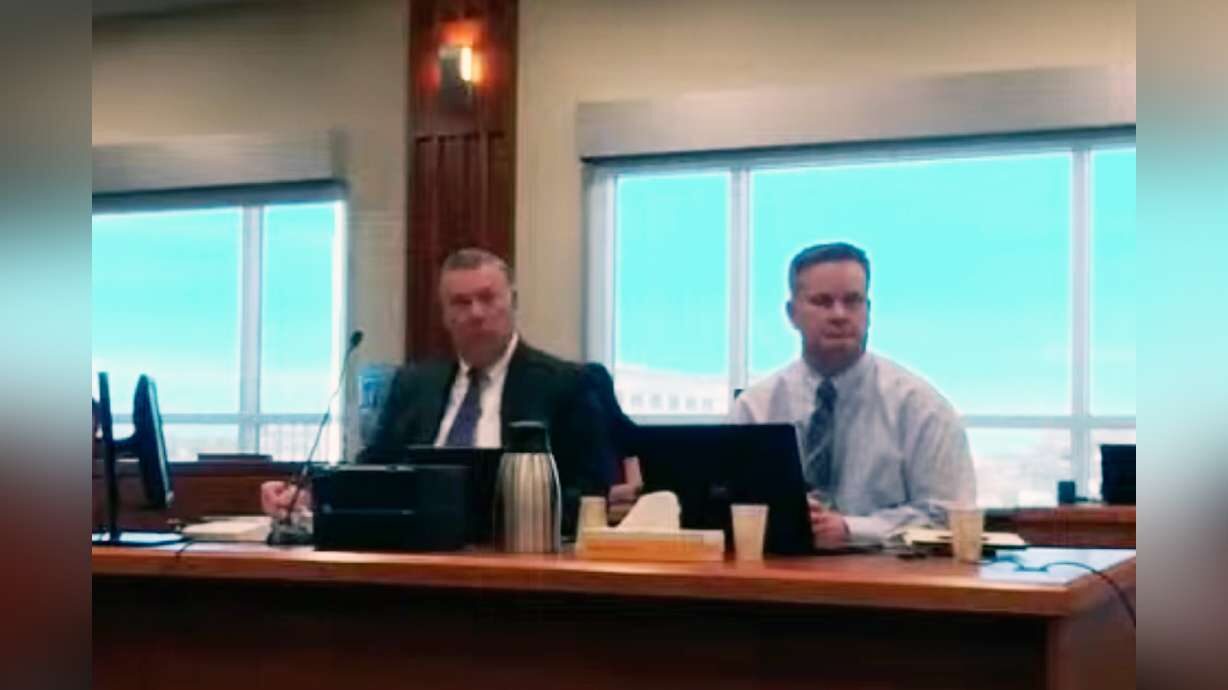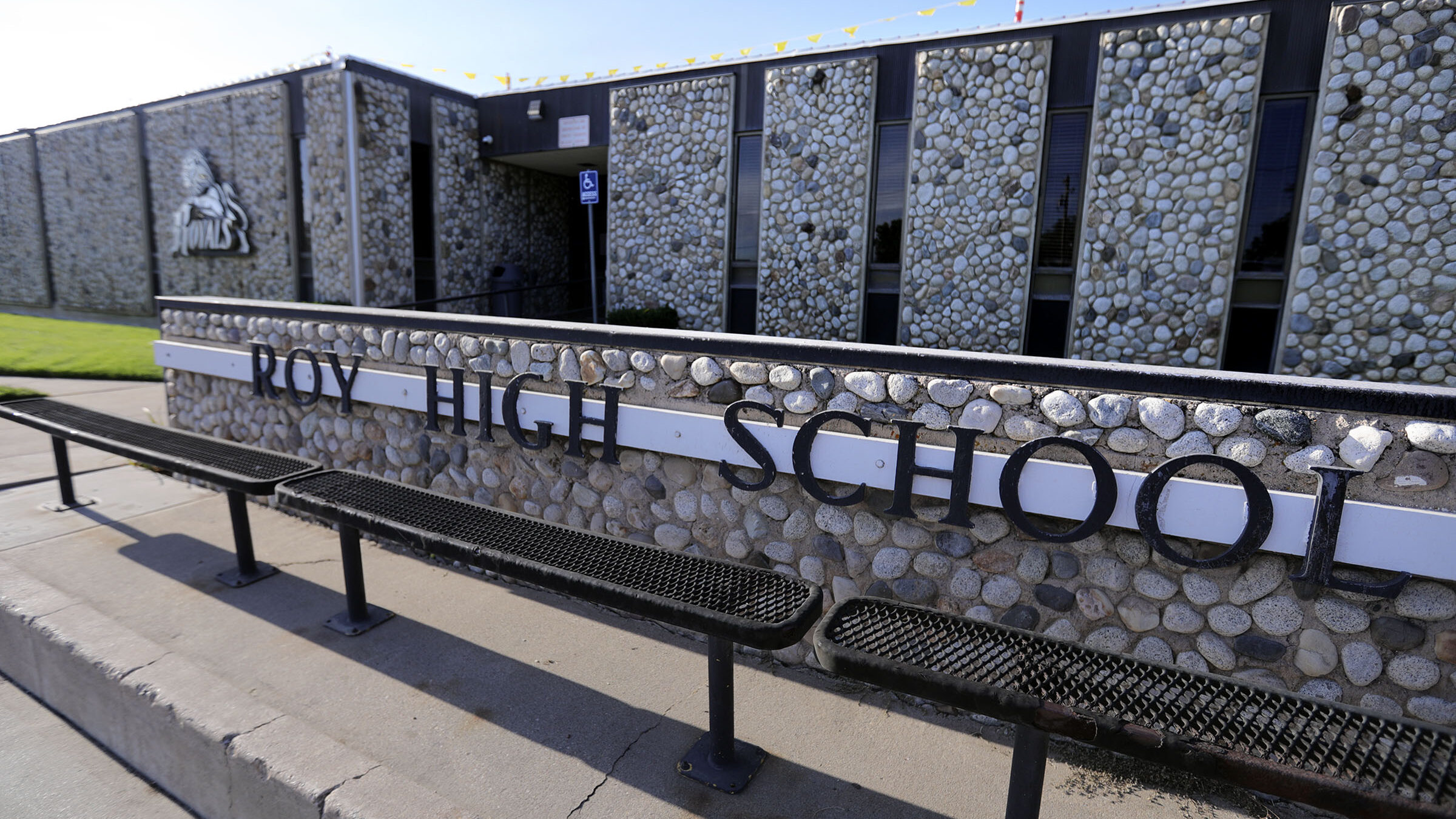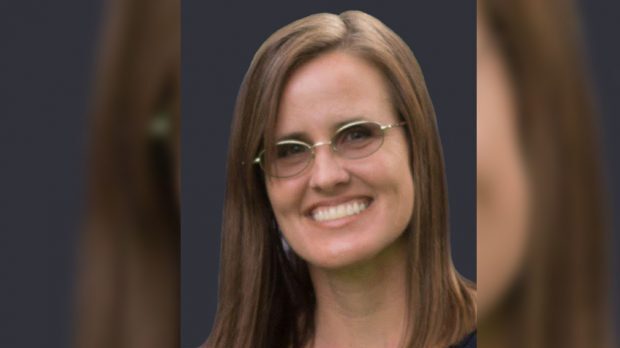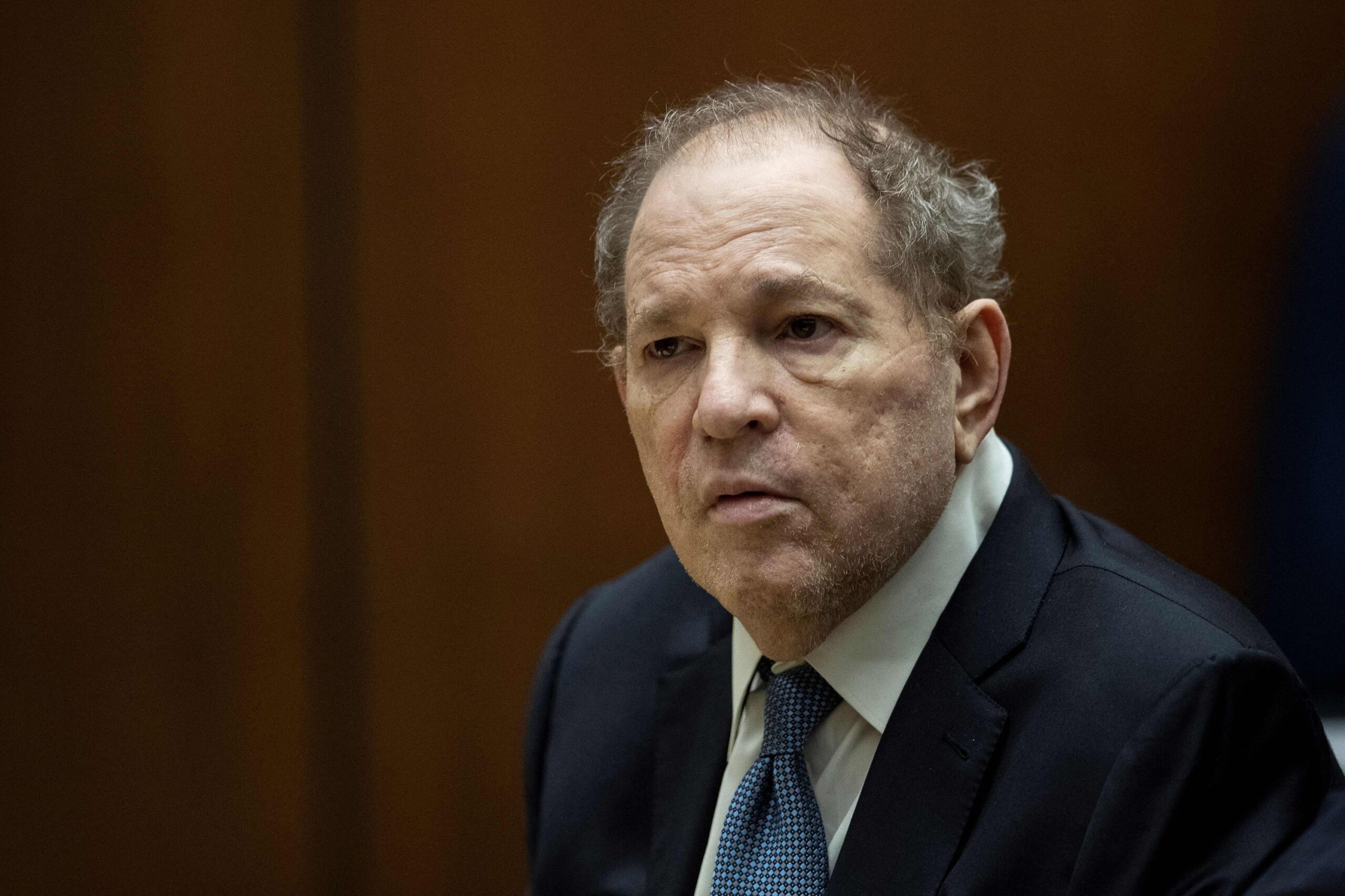Two Utah professors react to Supreme Court ruling ending affirmative action in college admissions
Jun 29, 2023, 7:00 PM
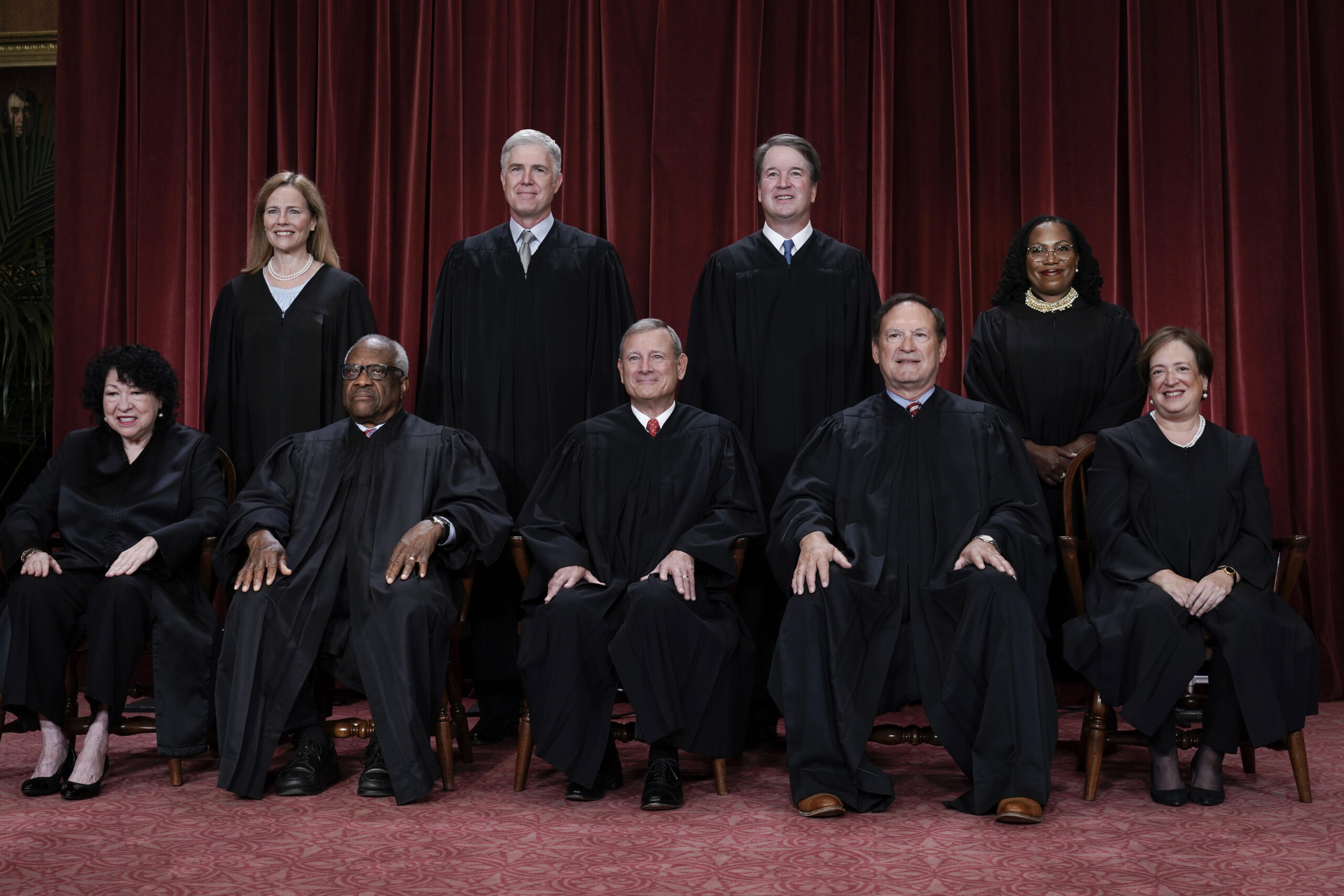
FILE - Members of the Supreme Court sit for a new group portrait following the addition of Associate Justice Ketanji Brown Jackson, at the Supreme Court building in Washington, Oct. 7, 2022. Bottom row, from left, Associate Justice Sonia Sotomayor, Associate Justice Clarence Thomas, Chief Justice of the United States John Roberts, Associate Justice Samuel Alito, and Associate Justice Elena Kagan. Top row, from left, Associate Justice Amy Coney Barrett, Associate Justice Neil Gorsuch, Associate Justice Brett Kavanaugh, and Associate Justice Ketanji Brown Jackson. (AP Photo/J. Scott Applewhite, File)
Credit: ASSOCIATED PRESS
(AP Photo/J. Scott Applewhite, File)
SALT LAKE CITY — Two Utah professors weigh in after the U.S. Supreme Court ended affirmative action admission policies based primarily on race at American colleges and universities.
Along its 6-3 conservative line, the Supreme Court on Thursday ended, in a landmark decision. It put an end to decades of affirmative action in college admissions, ruling that race alone can no longer be a basis for entering colleges and universities.
The court’s three liberals defended the practice, which the Supreme Court has upheld in its decisions dating back to 1978. They slammed the opinion in their dissent, saying the decision will make it practically impossible for colleges and universities to take race into account, as reported by CNN.
Specifically, the court’s conservative majority overturned admissions plans at Harvard and the University of North Carolina, the nation’s oldest private and public colleges, respectively, according to the Associated Press.
The consenting justices ruled both universities’ programs violated the Equal Protection Clause in the Fourteenth Amendment and were therefore unconstitutional.
What does the college admission process look like after ending affirmative action?
Dave & Dujanovic‘s guest hosts Greg Skordas and Derek Brown are joined by Paul Cassell, a law professor at the S.J. Quinney School of Law at the University of Utah. They discuss the affirmative-action ruling.
Later, state Sen. John Johnson shares his thoughts on the decision.
“You’re in a university setting. Tell us what this means in terms of admissions — like what will change moving forward,” Brown asked.
Cassell said the court found that both universities made race a predominant or deciding factor in admissions. They did this instead of considering applicants holistically.
“They simply — I think the disparaging phrase is ‘did bean counting’ to make sure they had a precise number of various underrepresented groups,” Cassell says. “What today’s decision says is you can’t come up with a percentage of minority groups that you want to be represented in your entering class and then work backwards and fill those spots.”
The admission process can still consider applicants who have faced discrimination or have a disadvantaged background. However, it can’t be based on race alone, according to Cassell.
“There are many people who face discrimination, for various reasons,” he said. “And all of those reasons have to be taken into account.”
Implications outside of universities
Although the court’s decision is within the context of higher education, Cassell added major corporations that use race-based components in employment should probably now take a harder look at how they hire workers.
“I think after today’s decision decisively striking down affirmative action in the higher-education context, there’s going to be follow-up litigation in other settings,” he says. “I would predict — this isn’t a bold prediction, but I think an obvious prediction — that those kinds of programs will be struck down if they are overtly making race the decisive consideration for, let’s say, employment, promotions and other things of that nature.”
Ruling moves nation in a positive direction, says USU professor
Sen. John Johnson, who represents Morgan, Summit and Weber counties, is a professor at Utah State University and leads the Senate Education Committee. He joins Skordas and Brown to discuss the Supreme Court ruling.
“My personal opinion is these diversity programs actually have gone a little bit too far,” he says. “Students now have to write a diversity statement in order to get into graduate school.”
“It seems like the idea behind affirmative action . . . was good, but maybe this is a step back to say, ‘Wait a minute, it does fly in the face of equal protection, and maybe we need to just be fair and across the board,'” Skordas says. “So I take it that you’re not particularly upset by this opinion today?”
“No. In fact, I think it’s moving in a positive direction,” Johnson said. “Look, this isn’t about white supremacy or anything else. This [lawsuit] was brought by Asian students, right? This is about equal protection under the law.”
Listen to Dave & Dujanovic on weekdays from 9 a.m. to noon.



